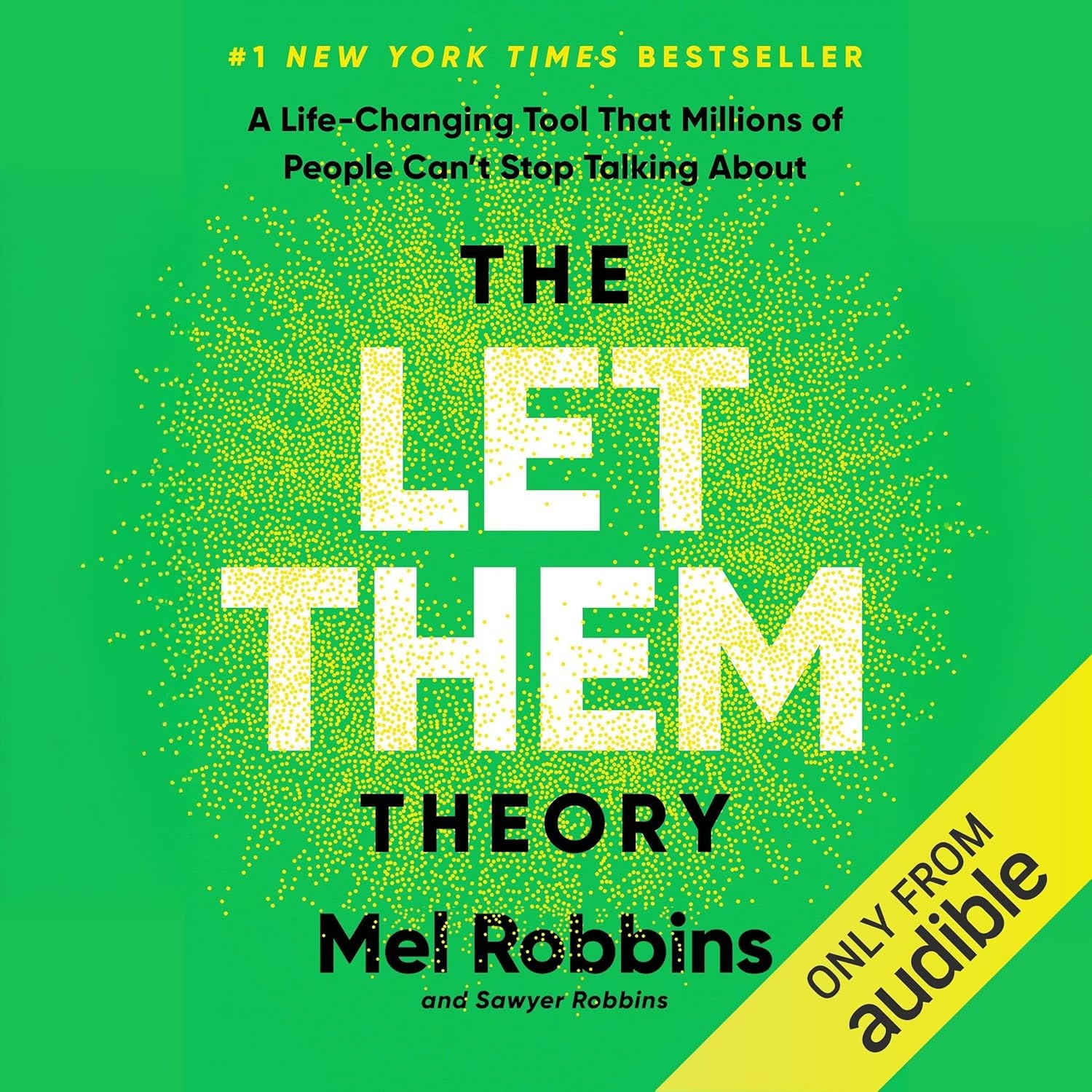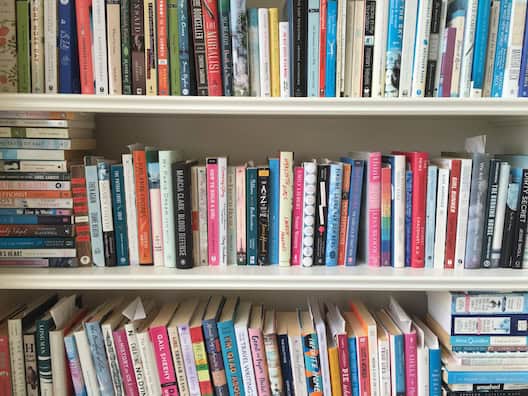I think this is a book all women will relate to, whether they’re artists or not. What’s been the response so far? I would imagine women would be grabbing on to you, asking you how you knew what they were thinking.
I’ve heard from and talked to people who identified strongly with Sarah and were really moved by the book. I’ve been thanked for portraying the ups and downs of marriage and motherhood with honesty. I’ve also seen some online reviews by people who find the narrator immature and/or self-involved. I saw these love/hate reactions to the narrator of my second book, too. Maybe this is because both books have very interior first-person narrators who reveal their more self-serving thoughts and impulses as well as their more selfless ones. Both books also deal with a narrator debating whether to forgive another character, and in some cases readers have sided with the other character. When a reader hates your narrator so much she seems furious with you, that’s hard to read, but I suppose I should feel I’ve done something right if someone can respond as dramatically to my character as they might to a real person.
You’re a writer, you’re married and you have two young children so I have to ask — how much of the story is based on your own life?
None of the story (as in, the events of the plot) is based on my life. But some of the set-up is. I used our old house in North Carolina as Sarah and Nathan’s house, because it was easier to describe what I could picture so readily. (Though I added a bedroom to it—virtual remodeling!) Sarah works where my husband and I used to work, in the Department of Neurobiology at Duke, though she has a different job than we did. (I was a secretary; he was the grants manager.) I also modeled Mattie and Binx on my children, who were three and about seven months when I started the book. My daughter is delighted that Mattie is modeled on her, down to her habit of sucking her fingers and twisting her hair. I thought I should take advantage of this now, as in a few years I imagine the last thing she’ll want is to appear in something I write.
Perhaps most importantly, the story certainly emerged from some of the pressing concerns in my post-motherhood life and that of my friends, several of whom have given up writing and/or seen their marriages change in ways good and bad. Once you have kids, are you yourself as a mother, or has your identity changed in some essential way?
The book title is so simple and so perfect. Can you talk a little about its significance, and if/how someone’s identity changes once they become a husband or wife? And what do you think are the differences are in people’s perceptions of husbands versus wives?
I just read The Group by Mary McCarthy, and that book, which is set in the 1930s and was published in the 1960s, is in part about how dramatically women’s lives change when they become wives. For myself and many people I know, this is less true than it was then, when the culture at-large still told women to submit to their husbands’ will. Sarah and Nathan, who lived together for some time before marriage, didn’t really have to change much except what they called each other when they got married. But becoming a mother and father, and therefore the leaders of a family unit, forces them to examine what those other roles mean. Sarah, for instance, worries a great deal about her identity being reduced to “the betrayed wife” if other people find out about Nathan’s infidelity.
My guess is that “husband” is still more of a practical description (i.e. the guy’s married to somebody) than “wife,” which suggests more of an identity. Would anyone call a show “The Good Husband?”
I wanted to smack Nathan for telling Sarah about his affair since the confession was so self-serving. Men seem to feel the need to do that way more than women do, and nothing good ever comes out of it. What are your feelings about that?
I think how you feel about confessing infidelity depends on what you value more: principles of honesty or day-to-day reality. If Nathan hadn’t confessed, nothing that happens in the book would have happened. I don’t actually know if that would have been better, not having tried to write that version, but certainly they would have just kept on functioning in their daily lives without all the emotional upheaval that results from his confession. I’m generalizing wildly here, but it seems to me that men often rely on their wives for emotional support, while women get that support from a variety of sources. So perhaps it’s harder for men to keep such a large secret from the primary person they talk to about their feelings. Nathan confesses in part because he thinks keeping the secret is affecting his closeness to Sarah, and their relationship has always been about being friends and colleagues as much as husband and wife. But, of course, he’s also being self-serving, in that he hopes to make himself feel better, and in doing so makes her feel a great deal worse.
As someone who has also cursed in front of her children and not always handled motherhood gracefully, I thought Sarah was so real. Were you worried about readers’ reactions to some of her “Bad Mother” moments like when she imitates her daughter’s lisp or tells her to pretend the baby isn’t crying?
Sure. It’s always dangerous to write about motherhood in any sort of complicated way, as Ayelet Waldman can attest. But I think the most judgmental people aren’t being truthful, because, honestly, who has always handled motherhood gracefully? We as mothers would be a lot less hard on ourselves if we didn’t believe that we were always supposed to do everything right, and that all other mothers were either besting us or failing. We go to the “bad mother” place so easily. And though fathers are so much more involved than they used to be, there’s still not the same level of cultural or self-produced pressure on them. There was an article a few months about how if you Googled “bad father” it came up: Did you mean bad mother?
I literally laughed out loud and almost spit my iced tea all over the place when I read the scene at McDonald’s because I have been there – and survived! This was such a signature motherhood moment but one I don’t think fathers often experience, interestingly enough. Why did you include a scene like this, and have you been there, too?
Oh, absolutely. My son did indeed have a diaper explosion all over me in a truck stop McDonald’s. The crucial difference between that scene and my life was that my husband was there and could run out to the car for the diaper bag and stand at the bathroom door to collect the dirty clothes and keep an eye on our daughter so I wasn’t juggling both a disastrously messy infant and a toddler. I included the scene because I thought about how much more difficult it would have been to be in that situation without his help, and that’s the part of the book where Sarah’s experimenting with single motherhood.
This may sound like a sexist question but why do you think women’s priorities tend to shift after they have children while men’s don’t? Is it just because women are expected to take that role?
Yes, that’s certainly a large part of it. The hormonal effects of motherhood are also undeniable. I remember reading about a study when my daughter was a few months old that found that it was physically painful for new mothers to hear their babies cry. This doesn’t happen to men.
I don’t think I’d argue that men’s priorities don’t shift. What I’ve observed, at least, is that men are more likely to think that children should be one of their priorities, and women are more likely to think that the children should be the priority, or sometimes to feel like they should think that and feel guilty if they don’t.
The scene in which Nathan tells Sarah she’s not the same person any more is a great moment in domestic fiction and made me gasp in its truth, especially as it makes Sarah realize how much she misses “herself” as well. How many of us are the same person our spouse married? Can we be? Is this why the divorce rate is so high?
You know, I wish I knew the answer to those questions. The desire to explore those questions is one reason I wrote the book, but I’m not sure I found an answer, or at least not an answer that’s universally right.
How do you think the story would have been different if Sarah or Nathan weren’t both writers?
Their sense of what’s changed in the marriage would have been very different. One of the aspects of their relationship that interested me was the fact that they were once so completely in sync with each other and, now that Sarah’s not writing, no longer are.
You’ve now covered marriage, children and friendship in your books. What relationship is next?
Siblings!
This post originally appeared on my former blog, StyleSubstanceSoul.




Brilliant book. I think the more women are encouraged to tell the truth, turn the lights on, speak up…the more we are teaching the generation of women behind us who value the likes of Lindsey, Paris and Brittany…We had Ms. magazine and the likes of Gloria, and so many of us still have had trouble saying NO, or voicing our suffering. ENOUGH.
Thank you thank you thankyou SSS for once again connecting the dots for women